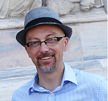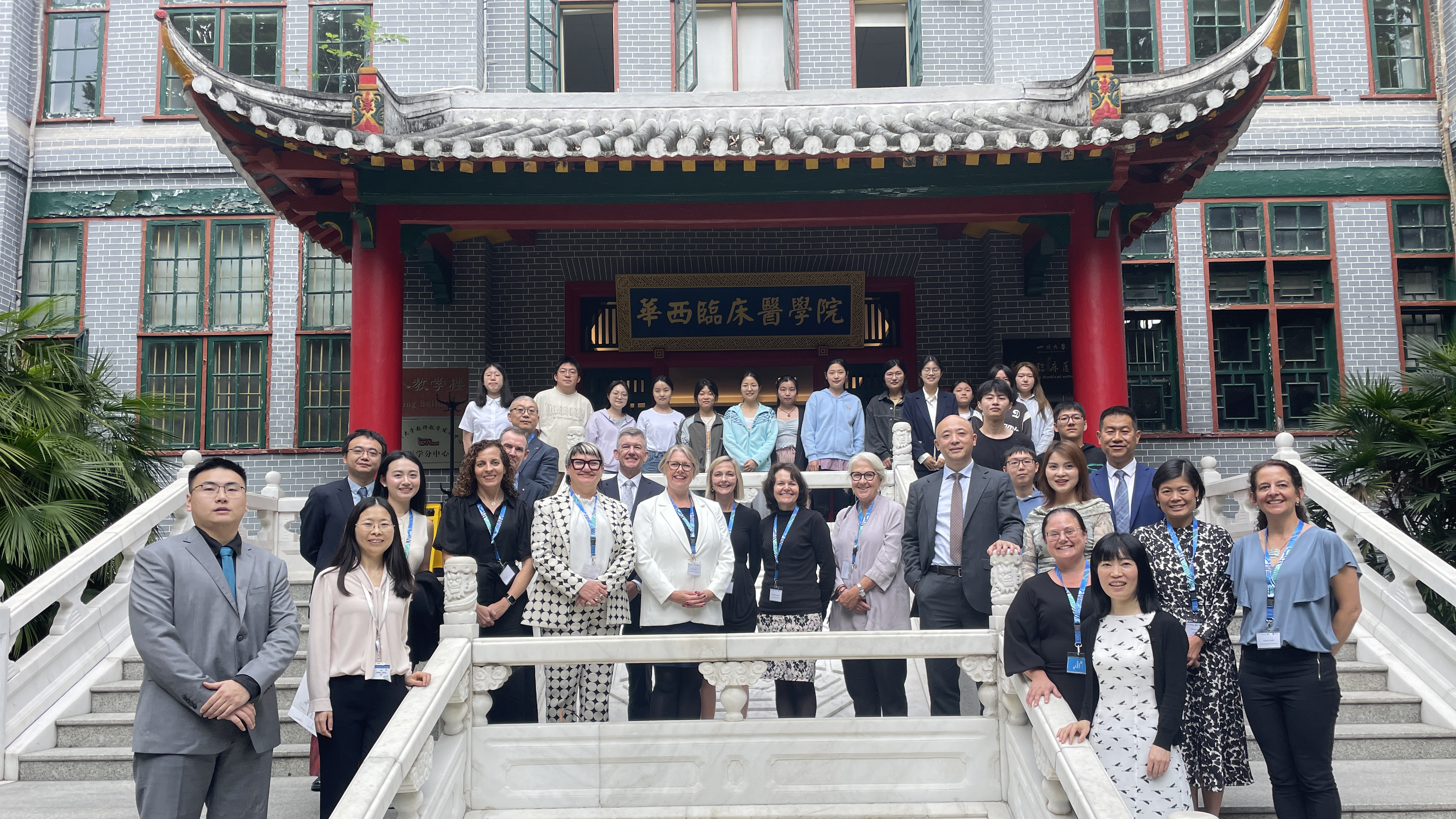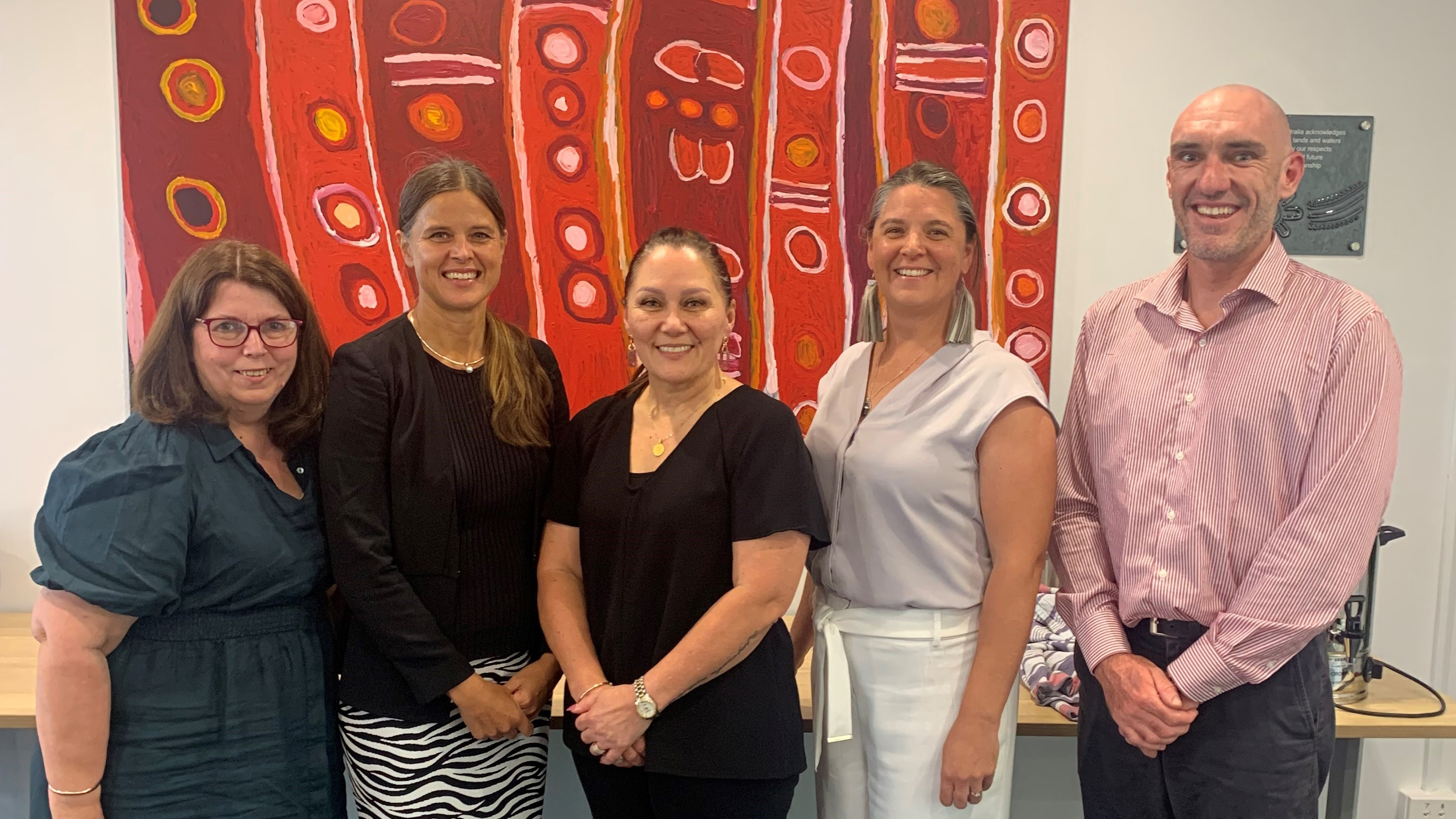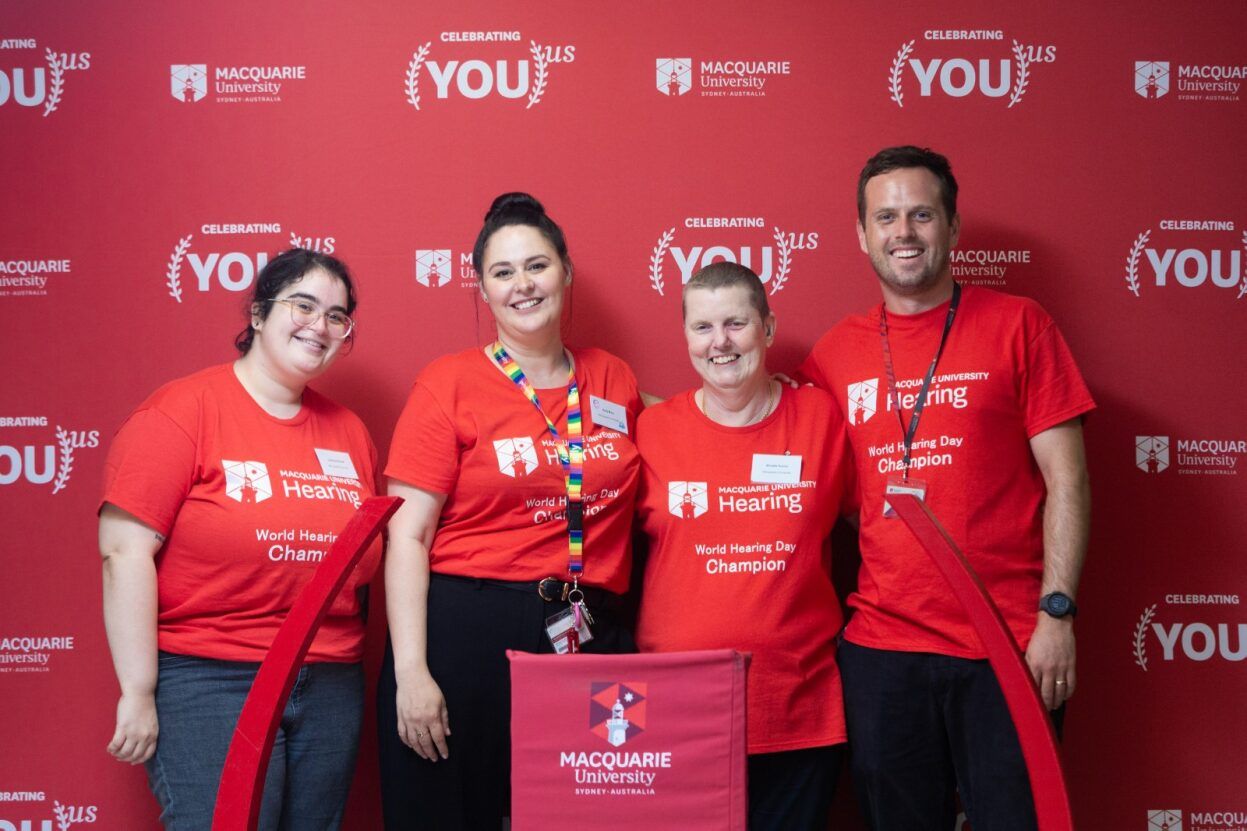Professor David McAlpine has been announced as the new Professor of Hearing, Language and the Brain and Director of Hearing Research and will join Macquarie University from early October.
“The appointment of Professor McAlpine is a significant step in the Australian Hearing Hub reaching its full potential,” says Dr Chris Roberts, former Chief Executive Officer/President of Cochlear. “His extensive background in auditory neuroscience includes a deep understanding of cochlear implants. He understands the importance of collaboration, particularly the opportunities from close university and industry collaboration. Professor McAlpine’s appointment is inspirational.”
This Week at Macquarie University asked Professor McAlpine a number of questions about his professional background and expertise, aspirations for the role, and the opportunities and challenges that lie ahead:
What would be an ‘elevator pitch’ for your professional background and expertise?
You hear with your ears, but you listen with your brain. I’m interested in how the brain represents the ‘auditory scene’, the complex wash of sounds that arrives at our two ears, and from which we make sense of the world. Picking out speech at the cocktail party, hearing ‘pin drop’ sounds, connecting with the spaces we inhabit from the sounds they generate or reflect back to us; no computer comes close to matching these human abilities – just ask Siri! How, then, do we perform these remarkable feats, and how do we restore them in individuals who have lost their hearing and rely on devices such as hearing aids or cochlear implants to hear? My research addresses some of these questions, combining techniques from the microscopic (neurons in dishes), to the macroscopic (scanning the brains of human listeners), in order to generate a holistic model of the hearing brain, one that places it firmly at the centre of brain networks dedicated to human communication.
What lead you to your chosen career path?
Like most scientists, I suspect I didn’t choose this career – it chose me! Or rather, someone already in the field guided me towards it. In my case, this was Professor Brian Johnstone, then of the University of Western Australia’s Department of Physiology, and now probably somewhere on the Queensland coast sailing one of the boats that he built himself. I owe him a debt of gratitude because whilst considering myself ‘chosen’ flatters my ego, more likely Brian saw in me some latent talent, as well as a lot of energy and enthusiasm (some of it wildly misdirected) and started the process of crafting me into the scientist I have become.
What attracted you to Macquarie?
I was attracted to Macquarie by the sheer vision and opportunity afforded by the world-class Australian Hearing Hub. Nothing exists like it anywhere else. For me, the Hub is evidence of a radical university, one suited to tackling the problems of the 21st century, not stuck in the 20th. The Hub’s co-location with Cochlear – the leading cochlear-implant company – was also a factor in my decision to say ‘yes’ to Macquarie.
Few universities understand how to achieve synergies with commercial partners, even those seemingly aligned through shared interests. Proximity is one factor, but not the only one. The most important factor is the people, and all of the people I have met here so far understand the opportunities the Australian Hearing Hub provides by bringing together scientists, engineers, clinicians and advocates in charities, to address common problems in hearing and communication. This is the essential first step in overcoming the challenges we still face in doing so.
What do you hope to achieve in the new role?
I’ll be wearing two hats at Macquarie (I actually do wear a lot of hats, and the weather here in Sydney appears to justify that!). As Professor of Hearing, Language and the Brain in the Department of Linguistics, I’ll be doing what most academic scientists seek to do – undertake top-level research in areas that excite my interest, mentor students and post-doctoral scientists, publish high-impact papers, collaborate with my colleagues locally and globally, and teach the next generation.
These are key responsibilities and key privileges of university academics. We shouldn’t apologise for enjoying them, but we also shouldn’t take them lightly. In my other role as Director of Hearing Research, I want to put to good use the skills I developed in my last role (as Director of the UCL Ear Institute), to equip the next generation of research leaders, build collaborative partnerships in research, clinical endeavour and enterprise activities, advocate for greater access to hearing healthcare, and ultimately to ensure that the Australian Hearing Hub is recognised as the global leader in the science of hearing and communication, and in the treatment of their disorders.
What do you see as the opportunities and challenges for hearing research in the next five to ten years?
Communication is a vital aspect of what it means to be human, and hearing is critical to communication. As such, deafness reduces our ability to communicate effectively and to engage with society around us – impacting on education, employment, life chances, and wellbeing. This problem isn’t going away – in fact, it’s getting worse. With increasing longevity, no change to our risky listening behaviour, and no new therapies emerging for hearing loss, modern societies are facing a tidal wave of hearing problems over the next 20 years. Being hard-of-hearing at 55 when life expectancy was 65 was bad enough, but children born today will live to be 100 years old.
Spending half of that time with a degenerating communication disorder and one that likely impacts on cognitive decline into dementia – is a sobering thought and one we have to force ourselves to face up to. This means changing our behaviour just at those times when it seems most difficult to do so. For example, in our teens and twenties to reduce our exposure to ultimately damaging sounds, and in our fifties and sixties when the effects of hearing become apparent, but the solutions (such as hearing aids), are abandoned before they have a chance to demonstrate their worth, or are never taken up in the first place.
Despite this seemingly gloomy prognosis, I am actually very optimistic. Cochlear implants are a transformative technology for hundreds of thousands of people worldwide, whilst new drug-based therapies for hearing problems currently undergoing clinical trials demonstrate that hearing loss is no longer the problem it once was. Through the Australian Hearing Hub, Macquarie University is going to impact positively on the universal problem of hearing loss and I am proud to be entrusted with helping deliver that impact.









